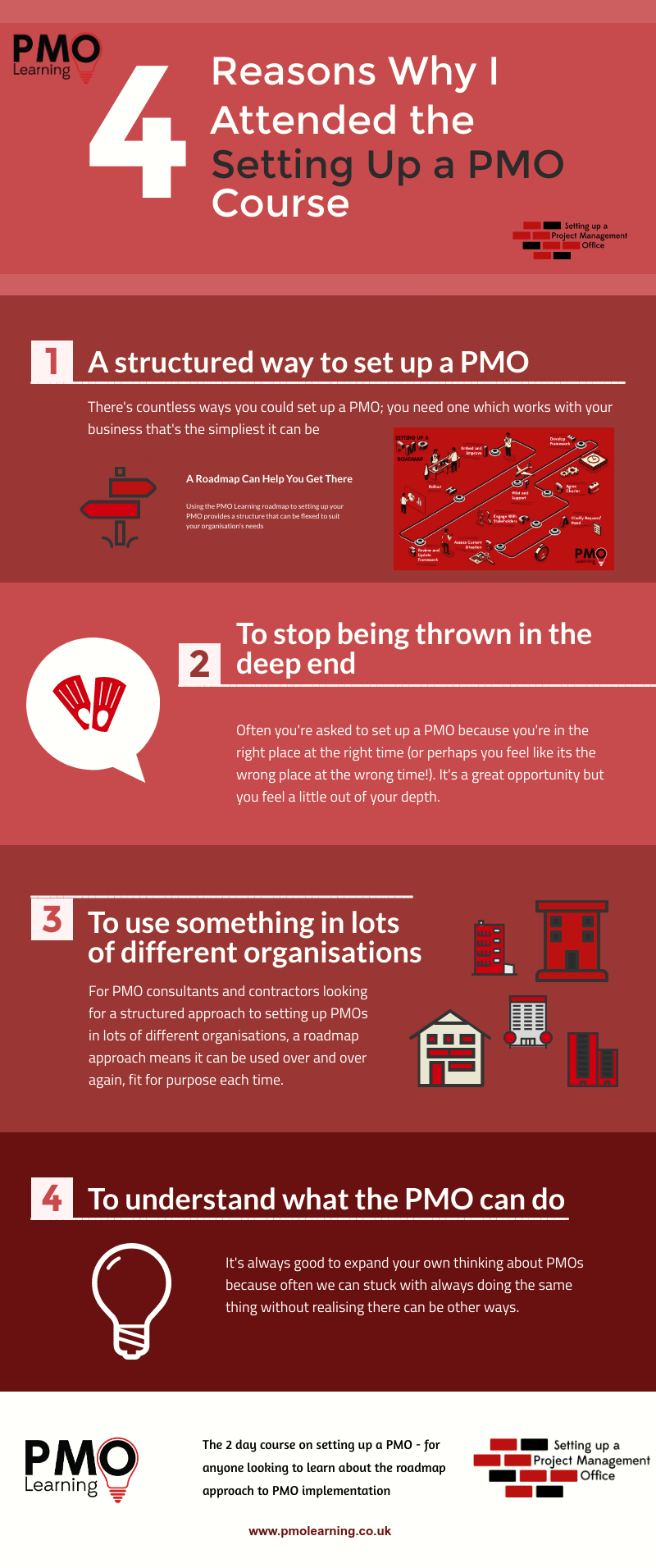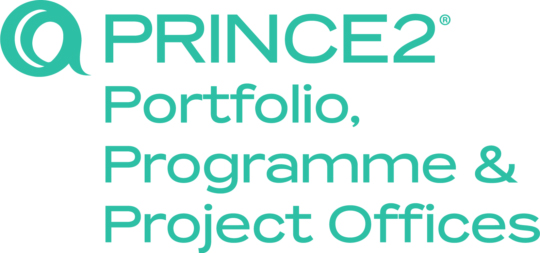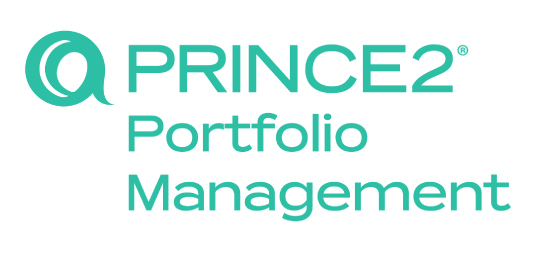 Did you know that the most common type of PMO is a PMO of one?
Did you know that the most common type of PMO is a PMO of one?
That’s right, a PMO that just has one person working within it – someone who provides a limited set of services because there is only one person to do the work.
That’s closely followed by a PMO of two – having two people within it.
We’ve often jokingly referred to them as POOs and POTs – PMO of One and PMO of Two – and many PMO practitioners who work within a POO or POT are often surprised to find that there are many other PMO practitioners just like them in small PMOs.
They are common – mainly because that’s how PMOs start within an organisation.
Gradual Increases to Meet Demand
It’s not often that an organisation goes from managing a small portfolio of projects to suddenly having tens or hundreds on their hands. It’s a gradual increase – just as the PMO gradually increases to meet the demand.
PMOs of one or two are about getting the basics covered – and the basics can mean different things to different organisations.
For example, on our Setting Up a PMO 2-day course which is aimed at those in POO or POT roles – we examine the main drivers for why a PMO is needed. It could be that the project delivery framework is not working – perhaps not fit for purpose, which would mean the focus for a newly established PMO would be to concentrate on the methods and processes. In another organisation, it might be the governance arrangements and the need to establish regular reviews, approvals and gates.
There will be different focus points and in the course, the most practical and personalised one we run, it is all about setting a roadmap for your own individual situation.
Crucial Skills
Having the ability to set up a PMO is considered to be a crucial set of skills for a PMO practitioner. You might be working today within a PMO with no real plans to head into PMO management but when we talk to PMO practitioners about their career journey, especially those managing PMOs, they didn’t plan it either!
That’s often the beauty of working in PMO, there are opportunities where you least expect them, and because there are different types of PMO, often there will be more than one in an organisation. Just recently I was chatting to a newly promoted PMO Manager (of a POT!) about their journey. Starting off in the corporate PMO, she had been supporting multiple projects and getting some great experience under her belt in a newly implemented project management tool. Then a new programme was being kicked off in the organisation and a PMO was required to support it – step forward our PMO practitioner.
She’s a bit hesitant, not really managed the set up before, she thinks she’ll be OK, has a few ideas and of course, she knows the job. This course is perfect that this kind of situation.
Small Yet Perfectly Formed
Project Offices of one or two are great places to start your career in PMO management – they’re more common than you think, with opportunities in organisations with low project management maturity to organisations with many programmes to manage. There’s one thing that connects them all together – getting just the right number and level of services based on the resource capacity to deliver them.
It’s about choosing the right services based on what the organisation needs and the time and ability you have to deliver a great service. You’ll be working to understand the requirements; finding the right balance and trade-offs; getting the best outcome for everyone based on what’s possible. There will decisions to be made; stakeholders to be managed; highs and lows along the way.
Choose well; deliver a good service and you’ll see your career in PMO start to fly. There’s a lot to be said about a role in POOs and POTs – you create the vision and make it happen, how satisfying is that?
Enjoying Our Blog?
Sign up and receive all our articles (we’ll send you an update once a week!) plus special offers and events:







